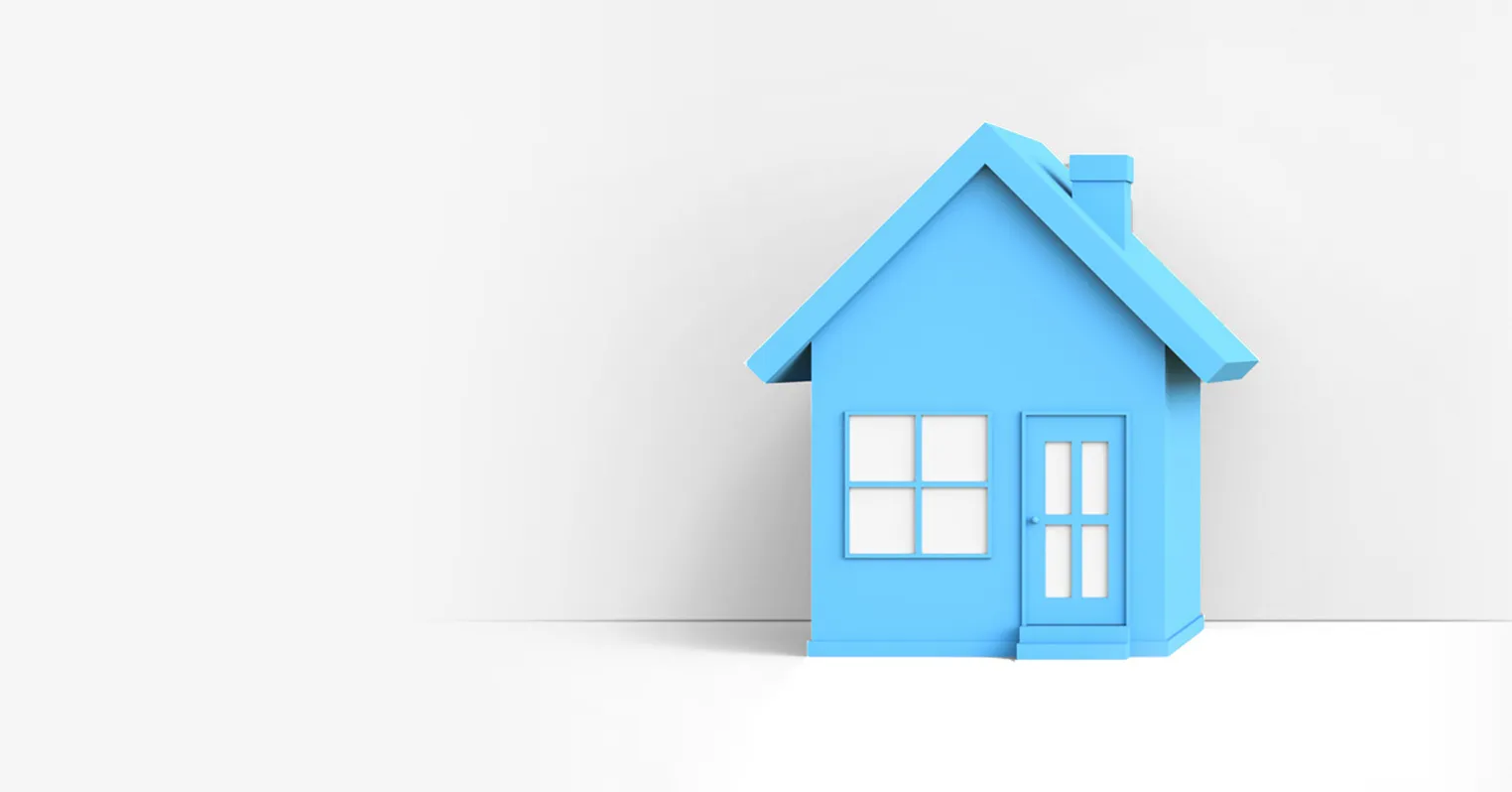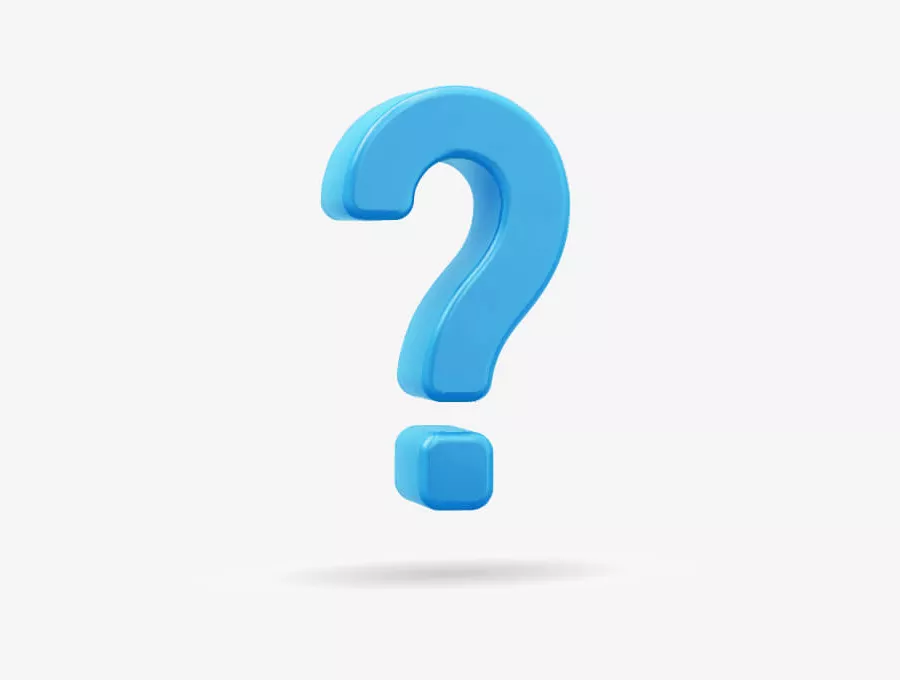Warning – it’s almost impossible to talk about buying a home without using the phrase ‘property ladder’. This guide will be no different. Although, to be honest, getting yourself on to that ladder can be so tricky that ‘property snakes and ladders’ might be more accurate.
The Complete Mortgage Deposits Guide
A Lasting Power of Attorney (LPA) is a legal document that gives an attorney the right to help you make decisions – or make decisions on your behalf. And yes, you definitely need it.


Which is why you need a guide that tells you everything you need to know, from the pros and cons of different deposit sizes to where you can get the expert help and advice you really need. And are those 5% mortgage deposits a good, a very good or a bad thing? Read on.
In need of mortgage advice?
A house is really only a home when you own it. Get yourself some expert mortgage advice so that the place you buy is your rock, not a millstone.

Mortgage deposits – the absolute basics
Chances are you already have some sort of inkling of what a mortgage deposit is, but we promised you the complete guide, so bear with us. Fundamentally, the mortgage deposit is the chunk of money you hand over – not in a suitcase, hopefully – to the bank when you purchase a home. Whether it’s a grand house in the country or a bijou flat in the city next to that amazing coffee place everyone bangs on about, you’ll need to save up a deposit.
That deposit represents the equity you have in the property before you start paying off the mortgage loan. You’ll generally have to pay at least 10% of the purchase price up front – although there are some exceptions, which we’ll cover below.. If you’re looking at a place that’s on the market for £250,000, you’ll probably need to find £25,000 for your deposit. And we worked that out without a calculator.
Why do you need a deposit? Well, it’s really a way of proving to the lender, whether it be a bank or a building society, that you’re financially prudent. It also means that you have even more of a stake in paying your mortgage regularly and on time, as you have some of your money tied up in the property as well.
Deposits – does size really matter?
For many people, pulling together a deposit for a home can be tricky and long-winded, especially if they’re renting at the same time as they’re trying to save. For some lucky others, it’s not a problem, whether that’s through a windfall or the bank of mum and dad (branches across the country).
So if you can only get 10% together, that’s absolutely fine – you’ll get access to a wide range of mortgages. However, if you don’t have a spotless credit record, there is a chance that lenders will ask you for more than that minimum. The other thing that’s almost universally true is that the smaller the deposit, the higher the interest rates available to you.
If you can manage a larger deposit, you’ll find that mortgage interest rates drop, leading to lower monthly payments. They’ll also be lower as you’re borrowing less. The added bonus is that you’ll own more of your home from the outset too. The average deposit that people put down in 2022 is around 26%, although the actual cash amount differs widely based on where you’re planning to live. 26% in London is very different to 26% in Livingston.
The key thing about the size of your mortgage is that it’s about affordability. The bigger the deposit, the lower your ongoing mortgage costs will be, but if 10% is all you can manage, and the repayments are also affordable for you, that’s a great way to get on the – here it comes – property ladder.
LTV – What’s that all about?
The LTV figure you might hear or see being bandied about is the ‘Loan to Value’ ratio. Put simply, it’s a number that represents how much of the property value is being lent to you. If you’re putting down a 10% mortgage, then the LTV is 90%. If you’ve got 25% together, the LTV is 75%.
As you then pay off the mortgage capital, the LTV drops further, meaning you own more of the house. When it comes to getting a market-leading mortgage interest rate, the lower the LTV is, the better.
What can I use for a deposit?
When you buy a property, the lender will conduct an affordability check, a process that has become more thorough in recent years. In effect, they’re checking that you can afford to put down a deposit and meet the regular mortgage payments. They’ll look at your incomings and outgoings, and any other debt you may have. Often this is a pain-free process, but it can throw up some surprises. We know of one woman who initially got her mortgage application turned down as the bank thought she had a small but regular gambling habit. It turned out that the daily debit for ‘Jackpots’ was in fact a jacket potato cafe, not a casino.
One thing the deposit money can’t come from is another loan. Lenders don’t want you to pile debt upon debt and will most likely turn you down for a mortgage. The most common source for deposits is personal savings – you’ll have to provide bank statements, usually at least six months’ worth. The other common form of mortgage deposit is the proceeds of another house sale – but if you’re at the stage of selling a property to buy another, then you probably aren’t reading this anyway!
There are, however, numerous other ways you can provide proof of a deposit to mortgage lenders, and each of them comes with its own paperwork. If you’re getting an inheritance, you may need to show a certificate from the executors of the estate in question. If a deposit is being gifted by a third party – lucky you – there will have to be a legal agreement in place which states that the gift doesn’t have to be repaid, and the gifter has no legal claim to the property being purchased. You should seek advice no matter the kind of deposit you’re putting down, but it’s especially invaluable when you’re looking at issues of inheritance, gifting or equity release from another property.
Are there any schemes I should know about?
If you can’t get a 10% mortgage deposit together – and with rents often costing more than the mortgage would on a property, plus numerous other financial constraints, that’s completely understandable – there are other ways.
One of these is the 100% mortgage. They’re as rare as hen’s teeth these days, heavily associated with 2008’s financial crisis, with lenders making bad loans to people that couldn’t afford the repayments. Today’s 100% mortgage is not like the one of yore. Instead, it comes with a ‘temporary deposit’ of 10%, which can be from a friend, relative or parent. That deposit is held in an account for three years, at which point it’s returned. However, if the borrower defaults on the mortgage in that three-year period, the money is lost.
Another approach is the 5% deposit mortgage, available until the end of 2023 through a number of lenders. It’s a government-backed scheme that’s aiming to help those struggling to get a 10% (or higher) deposit access the housing market. For the customer, it operates like any other mortgage, with a 5% deposit and 95% LTV. However, it’s different for the lenders, who get government guarantees to partially protect them against losses. As part of the scheme, the lenders have to offer five-year fixed mortgages, which can protect you against interest rate rises in the medium term.
Muddying the waters further, there are also shared ownership schemes available across the UK, but that’s another article entirely.
What deposit do I need for a buy-to-let mortgage?
If you’re considering buying a property in order to become a landlord or landlady – landperson? – then deposits work somewhat differently. In fact, the whole thing is another kettle of fish entirely.
Firstly, fees and interest rates are usually higher than standard mortgages, but deposits also start off higher too. The average deposit you’ll need to find is around 25%, but this can vary across lenders from 20 to 40%. It will also vary depending on the type of property – new build homes, for example, usually require larger deposits.
Because buy-to-let combines purchasing a house with investing, banks will want to know what rental income you expect to receive, and some lenders will also expect you to own another property. It goes without saying this is an area where expert advice is absolutely essential.
Who can I get mortgage deposit advice from?
Speaking of which, where can you get some of this advice? Well, you can go and speak directly to banks and building societies, but your first port of call should be an independent mortgage adviser.
For starters, you’ll get access to much more of the mortgage market this way. High street banks only sell their own products, but how about that equally legitimate lender you’ve never heard of that has a deal which will knock your socks off? Online searches and money portals can give you a good idea of what’s out there, but usually have limits on how much of the market you can see as well.
An independent mortgage adviser isn’t just about the best rates, however. They’ll also guide you through the application process and help ensure that you’re showing your best financial face to potential lenders. They’ll guide you through the documents and credit checking – the last thing you want to do is get something wrong and be declined as a result, damaging your credit rating.
You can also tap into the deep well of helpful knowledge that goes along with buying a home, such as issues of mortgage and life protection, saving you time, hassle and a mountain of paperwork. Best of all, they can also save you money – and who doesn’t want that?
Let us Introduce Ourselves
To find your nearest office or get in touch with one of our specialist advisors to see how we can help your business, please go to our contact page.